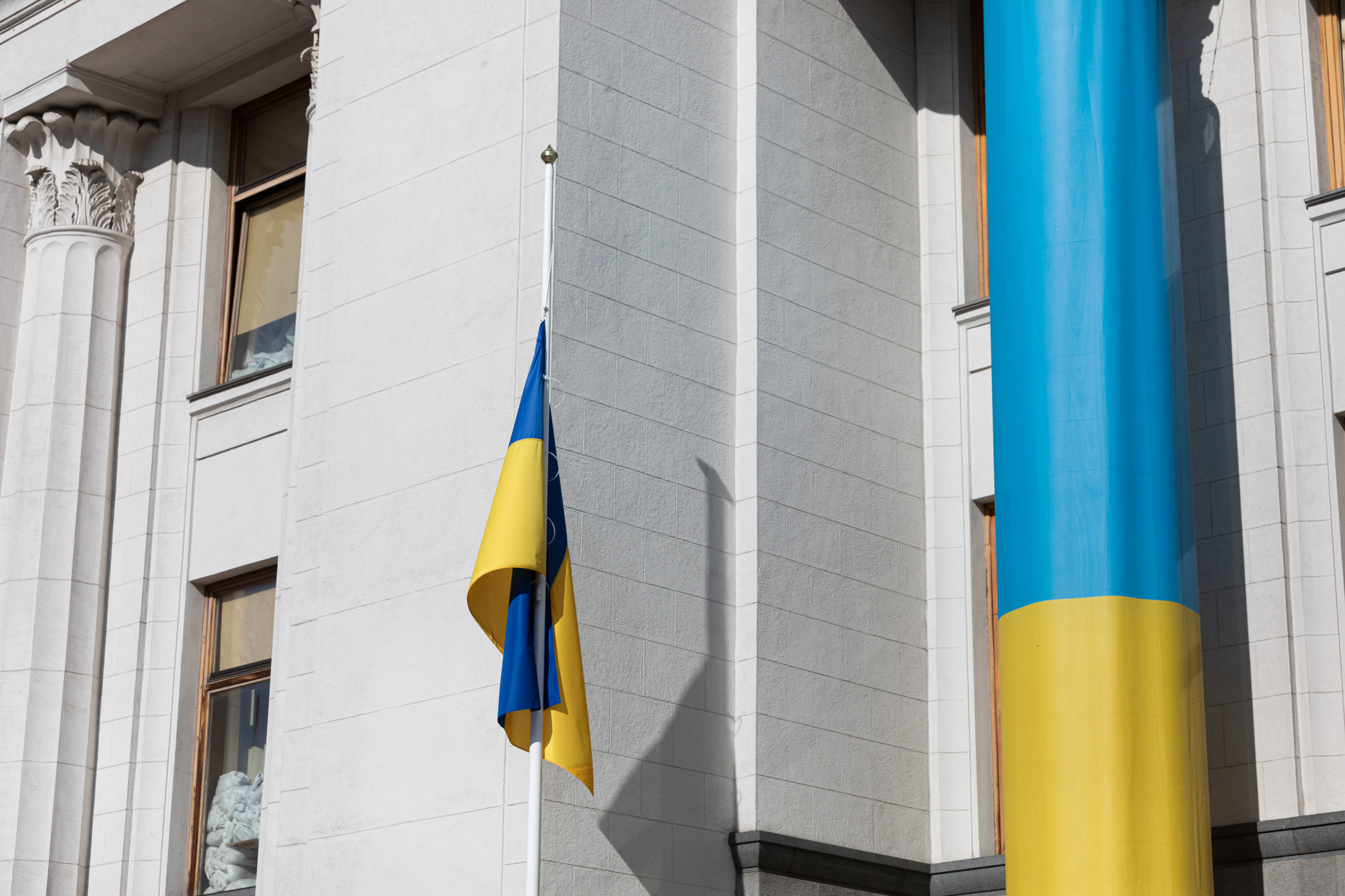Corruption is usually believed to be the problem of less developed countries. However, while it originates in the developing world, it very often ends in the EU or US. The democratic world must treat this “corruption contamination” seriously since it is an important threat to national security.
Systemic corruption inside Russia is an enduring reality that has been extensively exposed worldwide. Over the years, we have witnessed and heard about the Russian elite’s acquisitions of luxury real estate, sports teams, and their preference for sending their children to the world’s most prestigious private universities in the West. It no longer comes as a surprise when news surfaces regarding Russian businessmen or public officials flaunting million-dollar yachts. Ironically, it is equally unsurprising to hear about Russian citizens enduring life in Stalin-era barracks without basic amenities such as plumbing, running water, and heating.
Corruption in Russia is not an internal issue being exposed on a global scale; it also holds a central position in the country’s foreign policy.
Russia perceives the democracies as a formidable adversary posing a significant threat to its established regime. The democratic world embodies principles of transparency, the rule of law, human rights, and sustainable economic progress. Here, individuals have the privilege of choosing their leaders, voicing their dissent through peaceful protests when they disagree with policies or suspect abuse of power for personal gain. Perhaps most crucially, in the free world, the voices of the people are heard, fostering a vibrant democratic ethos that stands in stark contrast to Russia’s centralized system with a mocking democracy.
The leadership of Russia acknowledges its limitations, recognizing that it lacks the necessary capabilities and lags behind in embracing technological innovations, including in the military domain, to directly confront its most significant threat—the collective West—through physical aggression. Consequently, a strategic shift has occurred, and they’ve devised a different approach: the export of corruption. This unconventional tactic aims to infiltrate and disrupt from within, inflicting as much damage as possible by exploiting vulnerabilities rather than relying on traditional military means.
Export of corruption takes various forms, encompassing activities such as election interference, cyber hacking, the dissemination of disinformation, and even the dubious exercise of financial leverage. The latter includes investing in properties and developments or buying influence from politicians and other influential figures to further their strategic interests. Corrupting Western elites is likely the most powerful weapon in this unconventional toolkit, silently undermining the core values and institutions cherished by the West.
Perhaps one of the most shocking cases was uncovered by the U.S. intelligence services and made public only a year ago. According to the declassified intelligence review, Russia has spent over $300 million in a global campaign aimed at influencing foreign political events since 2014. This extensive campaign involved discreet funding of political parties, officials, and politicians in at least two dozen countries spanning four continents to shape the global political environment for Russia’s advantage, including undermining international sanctions as a response to Russia’s full-scale invasion of Ukraine.
Other autocratic regimes, e.g. China, may use the same hybrid methods to undermine Western democracies. Thus, Qatar that financed Hamas for many years also corrupted a number of EU politicians.
To counter the influence of Russia and other authoritarian regimes on international politics through corruption exports necessitates a comprehensive and multilayered strategy that encompasses legal, technological, diplomatic, and societal dimensions. It is vital for global leaders to collectively recognize this high-level corruption as a significant threat to both national and international security.
What can be done to limit this “export of corruption” as an instrument of the hybrid war against democracies?
The first step is recognizing the gravity of the problem. A classic example is Gerhard Schroeder, who openly worked for Russia for many years but still remains a noticeable figure in German politics. Russia is also quite openly financing a number of European far-right politicians and parties. Yet, these parties are allowed to participate in the elections undermining democracy. It is time to recognize that political freedom ends where money from Russia (or other countries from the Axis of Evil) enters the game. Because the aim of this money is to undermine the basic institutions and values that ensure stability and development of democracies. Thus, we advise to ban political parties and NGOs to obtain money from Russia or from other countries that are allies of Russia. This can be done via a “black list” of countries, organizations and individuals related to these regimes (one may start with this list by a Ukrainian analytical outlet). To make this ban effective, one needs to ensure the transparency of financing so that these sanctions are not circumvented with the help of fake persons or legal entities. In the same way as the West needs to guard their data and technology more effectively so that it is not used against the West, it must be serious about shadow money going in the reverse direction, particularly via offshores.
Political parties and lobbying organizations should provide detailed reports of their money sources and their clients. Moreover, these reports should be in the public domain so that media and watchdogs could check these reports for fraud and inconsistencies. An independent government body should have the power to investigate possible fraud in this sphere, and a substantial punishment for violations should be introduced. This punishment can include financial sanctions, a prohibition to assume certain positions or participate in certain activities, including running for elections. Targeted sanctions not only serve as punitive measures but also convey a clear message that corrupt activities will have severe consequences in the international arena. By carefully identifying and penalizing those involved, countries can demonstrate their commitment to eradicating corruption and upholding the principles of transparency and accountability.
Export of corruption from Russia and other autocracies presents a substantial threat to democratic countries. Time to act seriously on this, strengthening the rules for political financing, lobbying, and money laundering. Today the ‘dirty money’ coming from rough regimes presents a real threat to the national security of developed countries. It is one of the most effective instruments of Russia’s hybrid warfare and should be treated as such.
Attention
The author doesn`t work for, consult to, own shares in or receive funding from any company or organization that would benefit from this article, and have no relevant affiliations


